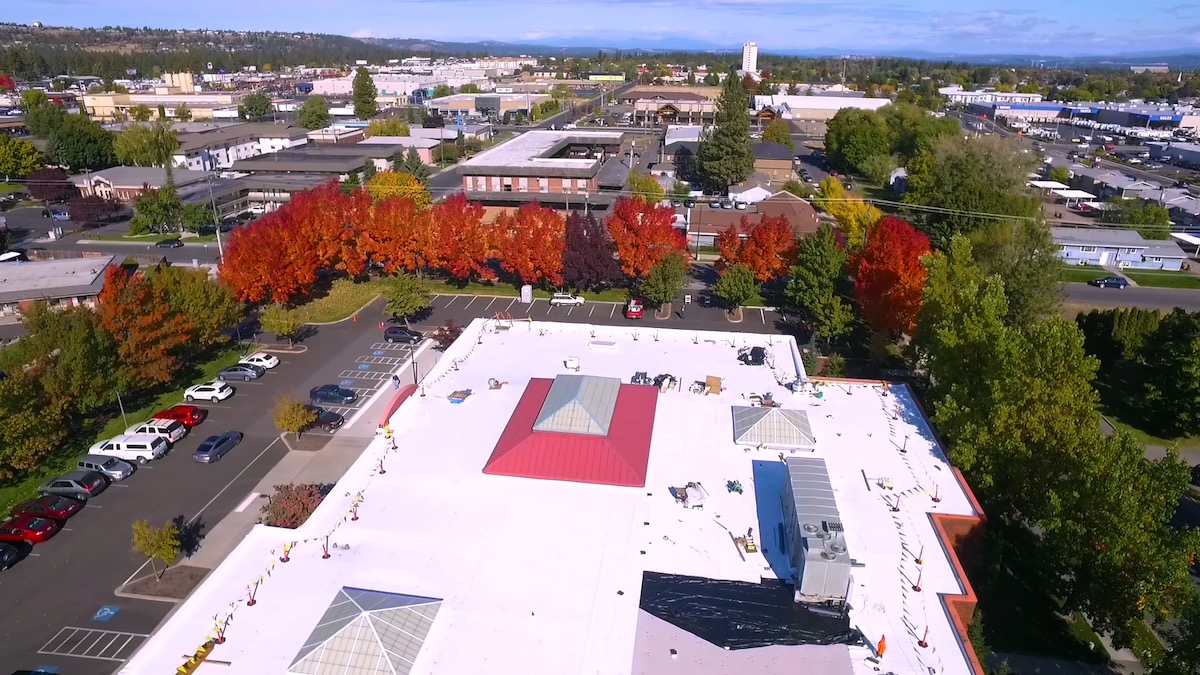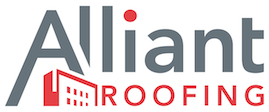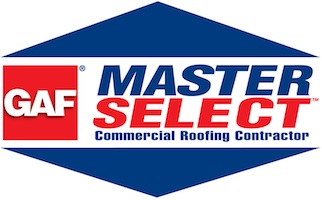
We have talked a lot recently about technological advances in the roofing industry. Now, I want to address one specific roof recover project and how technology has changed thinking over the past several decades. Alliant Roofing Company recently completed a TPO roof recover on the Lidgerwood Medical Center, owned by Kaiser Permanente. The whole project was a textbook operation from start to finish, recovering a hot tar roof with a TPO single-ply, membrane roofing system.
Hot Tar Roofing System Background
Many years ago, pea gravel spread over a hot tar, built up roof was a state-of-the-art roofing system. There were hot tar roofs without the gravel covering, but those required re-coating every two years. The pea gravel eliminated the need for re-coating by keeping the sun off the roof.
Question: Is hot tar, hot mop, built up roofing (BUR) still used on commercial flat roofs?
Answer: No, hot mop is not used any more, because there were huge liability issues. Basically, roofers used propane burners to melt tar in a big kettle, then mopped it onto the roof. There was always a risk of the kettle catching on fire. The whole process was environmentally unsound, because asbestos often was present in the felt material layer beneath the hot tar. The commercial roofing industry simply migrated to TPO.
Proactive Roof Asset Management
There were no big problems with the existing hot tar roof, but Kaiser Permanente is a forward-thinking organization. They made a decision not to wait until problems revealed themselves. That’s really smart. Building owners in similar situations would be wise to consider doing the same. The ideal solution when an owner has an outdated roofing system is to replace or recover it with modern products. That’s the definition of proactive roof asset management.
Lidgerwood Medical Center Roof Recover Project Details
We enjoyed working with Kaiser Permanente. They gave us ample workspace, were cognizant of our need for ready access, and enabled us to work during the time frame we needed.
An earlier roof core cut determined that the existing roof was solid. It had a beautiful substrate, so we did not do a full tear-off and roof replacement.
We started by removing as much of the pea gravel as we could, probably 90 percent. It was a painstaking process: our roofing crew had to sweep the gravel into cornrows, shovel it into wheelbarrows, and empty the wheelbarrows into large buckets. We loaded those buckets onto an extended-boom forklift and finally into dump trucks.
After that, we placed GAF® half-inch, high-density, polyiso recovery board over the remaining hot tar roof and covered the whole thing with 60-mil GAF TPO membrane. The brand-new TPO roof system encapsulating the existing hot tar roof came with a new-roof manufacturer warranty.
Convoy Supply Ltd. in Spokane Valley, WA supplied the GAF roofing materials. Rolled Steel Products (RSP), Inc. in Spokane, WA supplied the metal coping/flashing.
It was a 6-week project, and there were very few issues with it. Kaiser was installing a new HVAC system on top of the building, and it was really a smooth operation.
About Nevada/Lidgerwood Neighborhood
The Lidgerwood neighborhood in North Spokane is a magnet for medical-care facilities right now. Alliant Roofing Company is proud to be a part of improving those facilities. In addition to Providence Holy Family Hospital and the Lidgerwood Medical Center, there are several other medical buildings within a few blocks. Lidgerwood Elementary School and Garry Middle School are right there, too.
Alliant Roofing Company continues a century-long tradition that serving the community and good business go hand-in-hand.
Building Owners Take Note
Building owners with hot tar roofs should call our commercial roofing experts at 1-833-228-8622. They will quote a modern TPO roofing system that recovers or replaces that aging hot tat roof, before it fails and disrupts your business operations.

